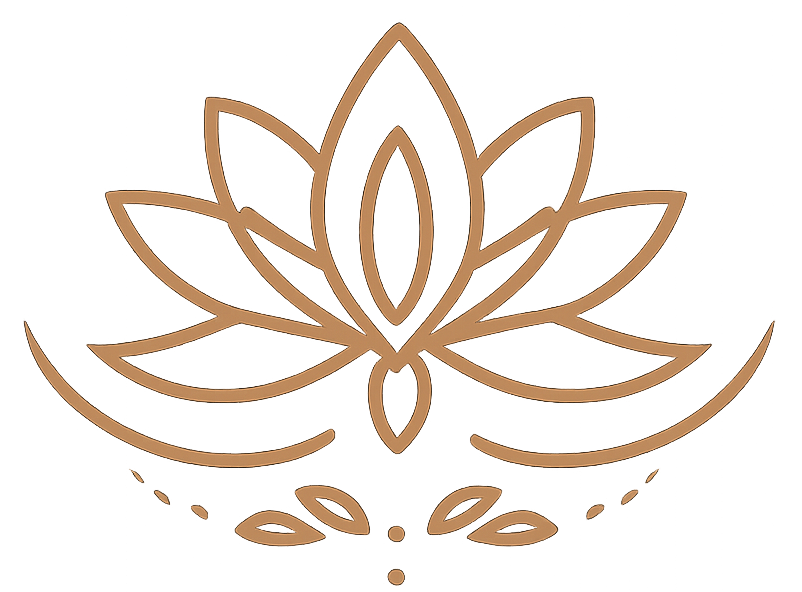Stress reduction is a vital aspect of maintaining both mental and physical health. It involves techniques and practices that help manage and reduce the stress response in the body. Here are some effective strategies for stress reduction:
- Guided Imagery: Use your imagination to transport yourself to a calm, peaceful place to relax your mind.
- Meditation: Practice various forms of meditation to calm the mind and reduce stress.
- Progressive Muscle Relaxation: Tense and then relax each muscle group in your body to release tension.
- Deep Breathing: Focus on taking slow, deep breaths to help calm the nervous system.
- Physical Activity: Regular exercise can help reduce stress hormones and increase endorphins.
- Yoga: Combine physical postures, breathing exercises, and meditation for a holistic approach to stress relief.
- Tai Chi: Engage in this gentle form of martial arts to focus the mind and encourage relaxation.
- Social Support: Connect with friends and family for emotional support.
- Aromatherapy: Use essential oils to promote relaxation and well-being.
- Healthy Diet: Eat a balanced diet rich in nutrients to support overall health.
- Adequate Sleep: Ensure you get enough restful sleep as it’s crucial for managing stress.
- Time Management: Organize your time effectively to reduce the feeling of being overwhelmed.
- Eliminate Stressors: If possible, identify and reduce the sources of stress in your life.
Reducing stress is crucial for maintaining good health. When stress levels are managed effectively, it can lead to a host of health improvements, including better sleep quality, enhanced mood, and stronger immune function. Lower stress levels are associated with decreased risk of chronic diseases such as heart disease and diabetes. Additionally, stress reduction can help control weight, reduce muscle tension, and improve cognitive function and productivity.
Remember, managing stress is not about eliminating it completely, but about learning how to control your response to it.



